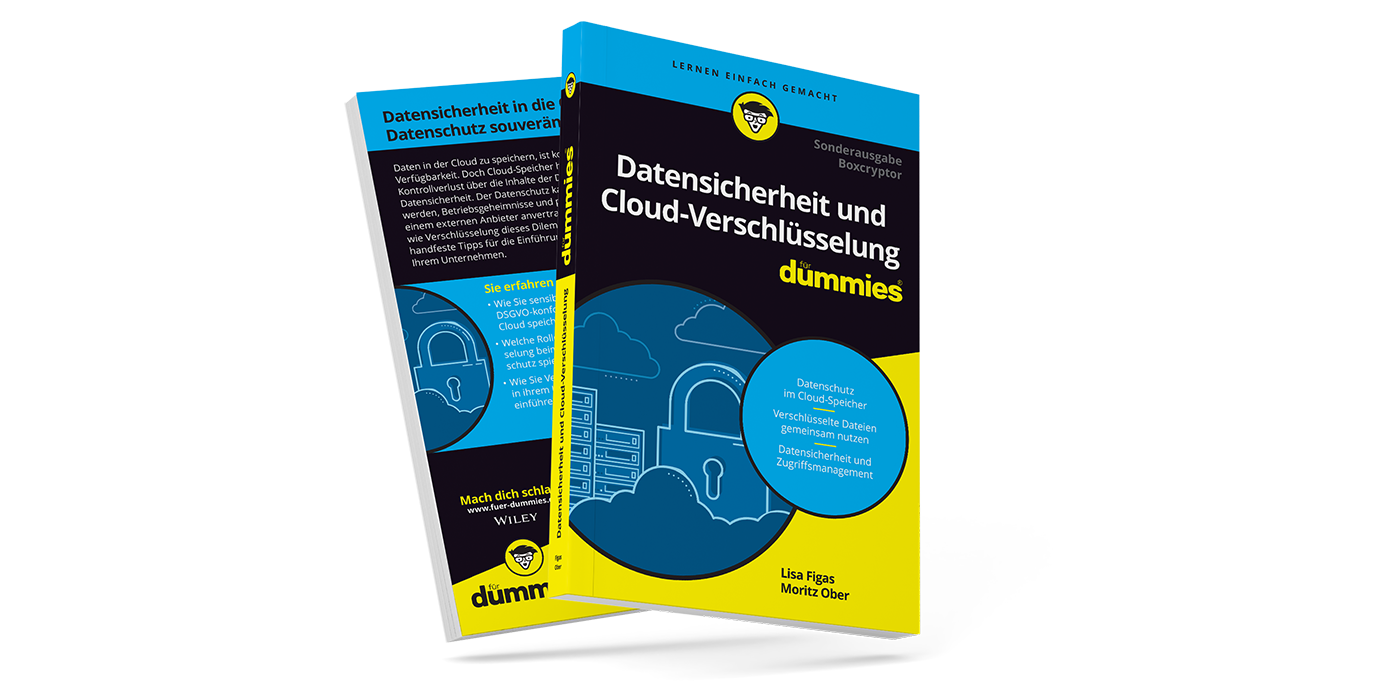Transparent Citizen: Fiction Versus Reality
How closely related are fiction and reality in terms of the “transparent citizen”? In the first part of this series we put a spotlight on Orwell’s masterpiece “1984”. In the second episode we were relieved that law enforcement is not controlled by algorithms totally, as of today.
But now we put this conclusion to the test: While we excluded automated killer satellites from the discussion in the last episode, this time we have to ask: “Is such technology even necessary?” To start this argumentation, today’s focus is on the 1998 feature “Enemy of the State”.
Part 3: Enemy of the State
Late Tony Scott’s movie was built around a very real US federal authority: the National Security Agency (NSA). Thanks to Edward Snowden, this agency is now infamous for spying on many countries – including Germany. Back in 1998, however, the NSA was relatively unknown among the audience of “Enemy of the State”, featuring Will Smith, Gene Hackman, and Jon Voight in major roles, giving the movie an almost avant-garde look, from today’s perspective.
The plot focuses on a group of NSA agents, trying to cover up the politically motivated assassination of a congressman. A video tape of the murder is accidentally handed to a lawyer, who subsequently finds himself hunted by the agents. As the recording contains evidence for the NSA’s involvement, the agents attribute every resource available to chasing their target, including satellite localization and defamation of the well-respected lawyer. What makes this hunt specifically malicious: not the technical advantages of the NSA pose the biggest threat to the “Enemy of the State” (finally, they even contribute to the revelation of truth). The real threat is a sole agent with too much power and too many resources.
Protection – Against External Threats
One recurring argumentation about the importance of nationwide surveillance, extension of police power, or the storage of innocent citizen’s data, is: every measure that ensures the protection of the society from threats is a crucial one. The intention behind this is to prevent illegal activities, organized crime, and terror attacks. One might also call it “external threats” – while the definition of “external” remains extremely vague.
Concerning this matter, in May 2018 a planned update of the Bavarian Police Task Act hit the headlines and evoked strong resistance among the public. The general fear among protesters was the potential for a misuse of data collected, allegedly for the prevention of criminal activities.
A commonly popular quote, dating back to Roman poet Juvenal: “But who will guard the guards themselves?” he asked during the first century. Regardless of a change in context: this philosophical question kept its relevance throughout the centuries: Who is controlling the state, courts, and police, now – ensuring they perform their duties on behalf of the public? The German Federal Agency for Civic Education debates this issue in considerable length, yet without providing a final answer.
Ultimately, the call for more control of authorities has no effect on the plot of “Enemy of the State“: At the time the manipulators get exposed, major damage has already been made. And you better believe that a re-establishment of the original situation would require far more effort in reality than it requires in the movie (the targeted lawyer returns to his former life) – if that restoration is possible at all.
At this point, the movie’s most intriguing perspective is revealed: It is neither the constant surveillance by satellites nor the hunt performed by intelligence agencies which pose the greatest threat to the protagonist. The NSA’s resources for surveillance are limited within the boundaries of the state of technology (which is already far stretched by the cinematic depiction). The protagonist’s full helplessness and despair becomes visible when his credibility and even his family’s trust seem to be lost, due to simple (yet effective) manipulation of information.
Existing suspiciousness and a skilled combination of originally harmless data lead, in the movie, to the protagonist’s exposed – both literally in terms of clothing and socially spoken – escape run.
Corruption and Control
Tony Scott’s film may be a solid action-thriller at its core. But both, the underlying subject and the lack of satisfaction among the NSA about the agency’s negative representation, let us assume: nobody can guarantee safety against abuse of power and information. “Enemy of the State” targets a problem with far-ranging implications – for the protection of digital data, as well.
No matter what information is stored, nor where it is stored or under whose protection: as soon as a guard develops a personal or malicious interest in its content, the owner may potentially lose control. However, there is no need for a personal or malicious interest: the U.S. PATRIOT Act for example forces cloud storage providers to pass on their data on request. The argumentation for drafting this law is, once again, the government’s interest of protecting the public from external threats – but without any guarantee of protection against data misuse inside the respective authority. The conditions of handling such data are theoretically specified in the PATRIOT Act, as well as in the CLOUD Act. But nobody really knows the true legitimization process behind every single request.
Fact and Fiction
A lack of internal control within authorities is, without doubt, perfect ground for spreading corruption and supporting the abuse of power – internally and externally. No cinematic picture is needed for this insight.
Maybe that could be even counterproductive while dealing with the issue of surveillance: Tony Scott’s thriller is, just like most other action movies, distorting reality in order to keep the audience’s excitement at a maximum. This becomes evident in the presentation of surveillance technology. Although satellite surveillance exists, video-based real-time tracking is not only hugely costly, but also hard to realize. 3D cameras as depicted, often criticized for their lack of real counterparts, are mostly cinematic fantasy, as well. What should really concern us is the sheer amount of data and digital footprints we leave everywhere. Those digital traces are the real problem behind people becoming more and more “transparent citizens” in the 21st century.
Not the person owning the most cameras is in charge anymore. The true power is with those, who are able to connect existing data and to draw meaningful conclusions out of it.
Precaution or Clean-Up?
Precaution always pays off against unwanted surprises. But in this context, we want to shed some light on another argument which is mentioned way too often: “I have nothing to hide.”
Many people have preserved this assumption far too long into the age of digital information. Tony Scott, on the other hand, shows very impressively how even harmless correlations may be twisted into weapons for calumny if arranged carefully. At the dawn of social online networking, people had already been warned to keep sensitive information private. Re-connecting and re-arranging private information shared online became much easier ever since “Enemy of the State” was originally released in 1998. And so have the many opportunities of abusing it, too.
Data analysis is meant ideally to bring an advantage to the user, of course. But as easy as that may be the case, unfortunately the worst-case scenario may turn the very same data into a weapon against a person, too. Even the smallest details may tip the scale, making precaution the indispensable option against cleaning up, when dealing with personal data online. The fewer information is shared, the better, especially if someone has the choice of what to reveal. But that does not have to mean to give up comfort in any way. Even highly confidential data can be stored securely in the cloud: protected by strong end-to-end encryption, provided by Boxcryptor.



